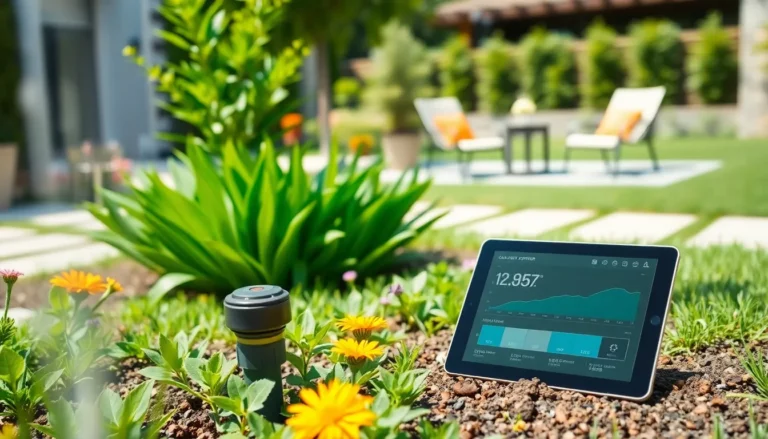Table of Contents
ToggleWhen it comes to housing, renters and buyers debate like cats and dogs. Both sides have their merits, but which one is truly beneficial? While the allure of homeownership invokes dreams of white picket fences, renting comes with its own bouquet of advantages, including a flexibility so smooth it makes a slinky look stiff. In this text, we’ll explore the benefits of renting versus buying, helping you determine your ideal living situation without getting lost in a maze of mortgage rates and maintenance fees.
Understanding Renting

Flexibility And Mobility
Renting offers nimble living arrangements. Someone gaining a new job in a different city? They can pack their bags and move without the hassle of selling a home. Flexibility becomes the name of the game, with leases being structured for short or long terms, fitting various lifestyle needs. For those who enjoy spontaneous road trips or desire the ability to shift with job opportunities, renting can be an appealing choice.
Lower Upfront Costs
Renting typically comes with a lower financial hurdle to jump over. At the outset, renters face small deposits and first months’ rent, while homebuyers dive headfirst into down payments and closing costs that can wipe out savings faster than buying a round of drinks at a bar. Living the renting life means fewer headaches relating to finances, especially for those who aren’t yet ready to commit to hefty home expenditures.
Maintenance Responsibilities
Owning a home often feels like being gifted a never-ending list of chores. Heating issues? That’s on the homeowner. Plumbing disasters? Guess who’s footing that bill. Renters enjoy the luxury of maintenance-free living. Broken faucet? Call the landlord. Worn-out refrigerator? It’s the landlord’s problem. With renting, the freedom from maintenance burdens can offer peace of mind, allowing tenants to dedicate more time to enjoying life rather than keeping it running.
Long-Term Financial Considerations
Market Stability And Risk
The real estate market is as stable as a swimming pool filled with jelly. Prices can skyrocket, plummet, or do a little salsa dance. Renters often ride this roller coaster from a distance, enjoying stabilizing security against market fluctuations, while homeowners bear the weight of property value changes. For individuals cautious about financial volatility, renting can provide a safety net against market woes.
Investment Potential Of Homeownership
Let’s not discount the financial upside to homeownership. Over time, real estate typically appreciates, turning into a nice little nest egg. Homeownership can be a powerful investment, providing opportunities for building equity and potential future wealth. It’s akin to being on a financial treadmill: you might sweat a bit, but in the end, you’re going places.
Emotional And Lifestyle Factors
Community Ties And Stability
Buying a home often fosters deep-rooted community ties. Homeowners frequently engage in their neighborhoods, building relationships with neighbors and creating a sense of belonging. For families seeking stability, settling into a community can provide both emotional security and social connections, quite unlike the transient lifestyle many renters experience. This sense of rootedness can lead to deeper involvement in local events, schools, and community organizations.
Personal Preferences And Lifestyle Needs
People’s preferences vary as much as their tastes in coffee. Some thrive on the freedom of renting without the heavy financial obligations of a mortgage, while others crave the permanence and freedom to alter their space that homeownership offers. Rental choices allow flexibility, perfect for frequent movers, while homeownership appeals to those wanting stability and control over their living environment.







